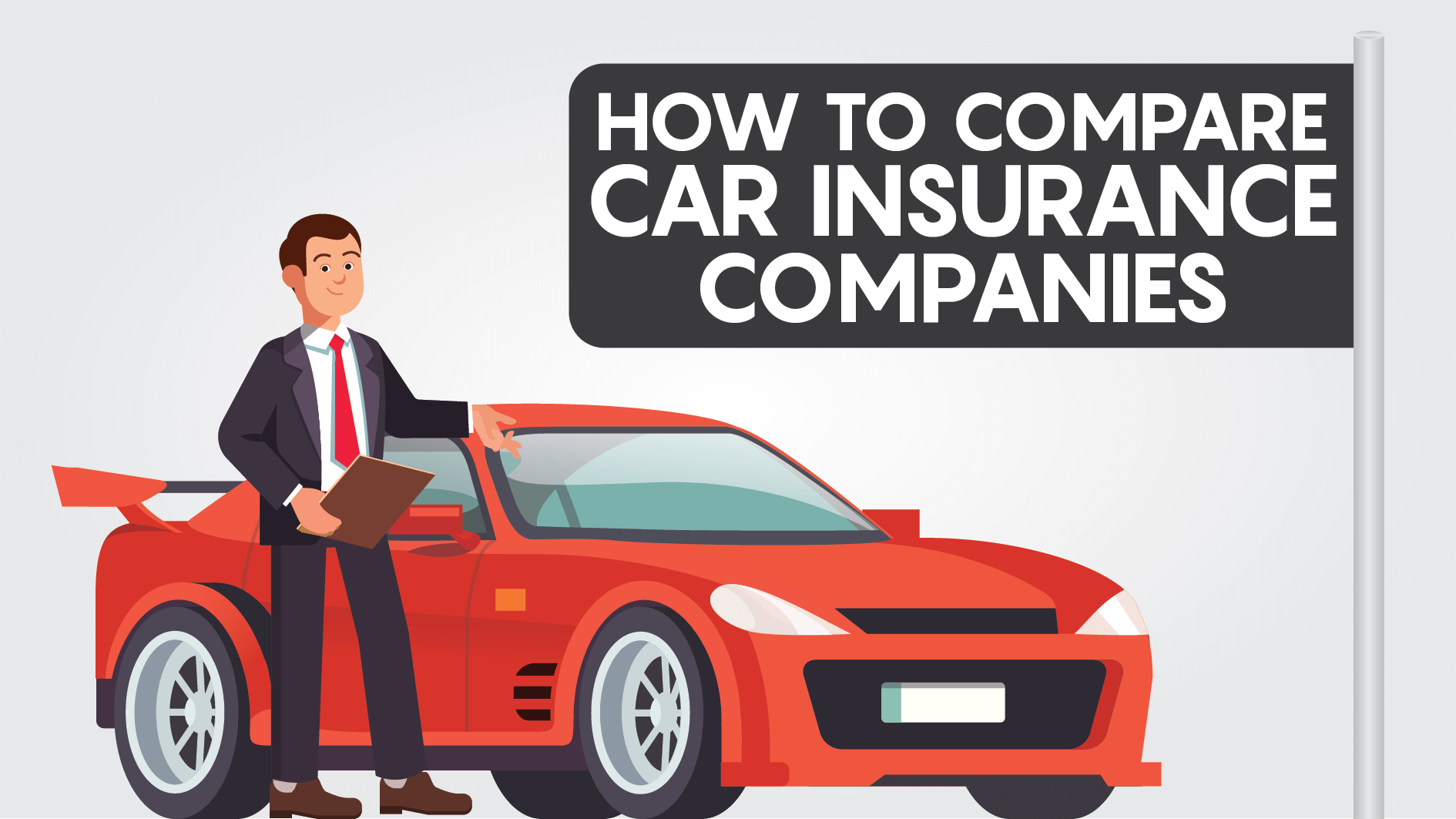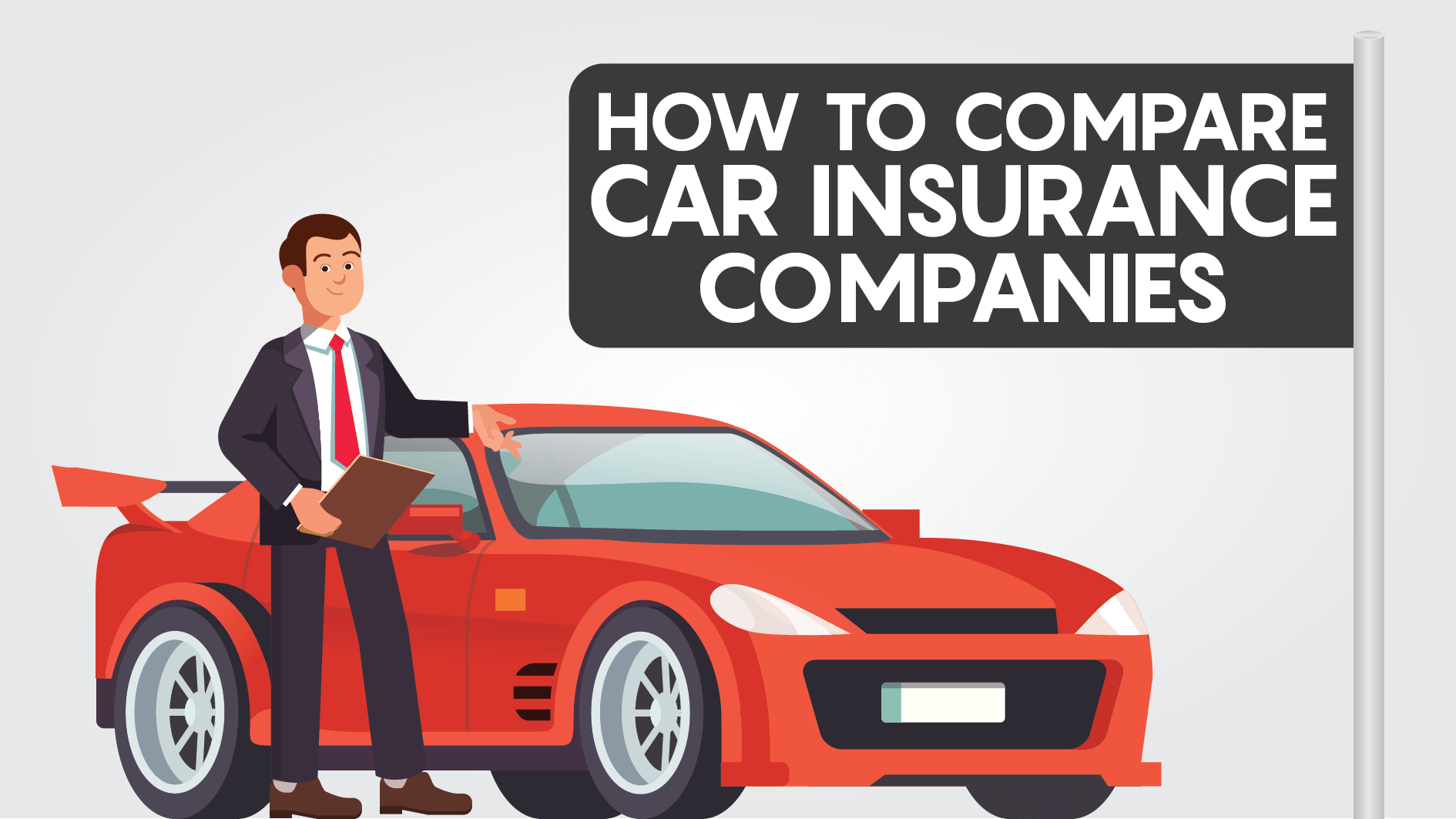In today’s complex world of financial decisions, few are as crucial yet often overlooked as choosing the right auto insurance policy. Auto insurance is not only a legal requirement in most places but also a critical financial safety net that protects you from unforeseen expenses in the event of an accident or damage to your vehicle. With a myriad of insurance providers and policies available, navigating the process of comparing quotes can be daunting. This comprehensive guide aims to break down the key factors to consider when comparing auto insurance quotes, empowering you to make an informed decision that best suits your needs.

Understanding Auto Insurance Quotes
Before diving into what to look for in auto insurance quotes, it’s essential to understand what these quotes typically include:
- Coverage Types: Auto insurance policies generally offer several types of coverage, such as liability, collision, comprehensive, uninsured/underinsured motorist, and personal injury protection (PIP). Each type of coverage serves a different purpose, from covering damage to your vehicle to medical expenses resulting from an accident.
- Policy Limits and Deductibles: These are crucial terms to grasp. Policy limits refer to the maximum amount your insurance will pay for covered claims, while deductibles are the out-of-pocket expenses you must pay before your insurance coverage kicks in.
- Premiums: This is the amount you pay for your insurance policy, typically on a monthly or annual basis. Premiums can vary widely based on factors like your age, driving history, location, and the type and amount of coverage you choose.
- Exclusions and Conditions: Pay attention to any specific exclusions or conditions that may limit coverage, such as restrictions on vehicle use or coverage for certain types of damage.
Factors to Consider When Comparing Quotes
1. Coverage Options and Limits
The first step in comparing auto insurance quotes is to evaluate the coverage options offered by each policy. Consider the following:
- Minimum Requirements vs. Adequate Coverage: While every state mandates minimum liability coverage, it may not be sufficient to protect your assets in a serious accident. Evaluate whether the policy offers additional coverage options that align with your needs.
- Comprehensive Coverage: If you have a financed or leased vehicle, comprehensive coverage may be required. This covers damage to your vehicle from non-collision incidents like theft, vandalism, or natural disasters.
- Uninsured/Underinsured Motorist Coverage: This protects you if you’re involved in an accident with a driver who either has no insurance or insufficient coverage.
- Personal Injury Protection (PIP): Especially important in no-fault states, PIP covers medical expenses for you and your passengers regardless of who caused the accident.
2. Policy Limits and Deductibles
Policy limits and deductibles directly impact your financial responsibility in the event of a claim:
- Higher Deductibles, Lower Premiums: Opting for a higher deductible can lower your premiums, but be prepared to pay more out of pocket if you need to file a claim.
- Understand Limits: Ensure the policy limits are adequate to cover potential expenses. Review the limits for each type of coverage offered to determine if they align with your financial risk tolerance.
3. Premium Costs
While cost shouldn’t be the sole deciding factor, it’s undoubtedly a critical one:
- Compare Quotes: Obtain quotes from multiple insurers to compare premiums for similar coverage options. Online comparison tools can streamline this process.
- Discounts and Savings: Inquire about discounts for factors like bundling home and auto policies, safe driving records, or vehicle safety features.
- Payment Options: Some insurers offer discounts for paying annually versus monthly, so consider which payment option is more affordable for you.
4. Company Reputation and Customer Service
The reliability and customer service of an insurance company can significantly impact your overall satisfaction:
- Research Company Ratings: Look up consumer reviews and ratings from reputable sources like J.D. Power, AM Best, or the Better Business Bureau to gauge customer satisfaction and financial stability.
- Claims Process: Research how easy and efficient the claims process is with each insurer. Prompt claims handling can make a significant difference during a stressful time.
- Accessibility and Support: Evaluate the insurer’s customer service availability and responsiveness. Online tools and mobile apps for policy management and claims filing can also enhance convenience.
5. Policy Exclusions and Conditions
Read the fine print to understand any limitations or conditions that may affect coverage:
- Excluded Drivers or Vehicles: Ensure all drivers and vehicles in your household are covered or excluded as necessary.
- Use Restrictions: If you use your vehicle for business purposes or ridesharing, check if these activities are covered or require additional coverage.
- Coverage Territory: Confirm where your coverage applies, especially if you frequently travel across state or national borders.
Tips for Effective Comparison
- Review Annually: Your insurance needs may change over time due to factors like vehicle depreciation, changes in your driving habits, or life events. Review your policy annually to ensure it still meets your needs.
- Seek Professional Advice: If you’re unsure about specific coverage options or policy terms, consult an insurance agent or broker who can provide personalized guidance.
- Ask Questions: Don’t hesitate to ask insurers for clarification on any aspect of the policy. Understanding the details can prevent surprises in the event of a claim.
Conclusion
Choosing the right auto insurance policy involves more than just selecting the lowest premium. It requires a thorough understanding of your coverage needs, careful comparison of quotes, and consideration of factors like policy limits, deductibles, company reputation, and customer service. By taking the time to educate yourself and compare auto insurance quotes effectively, you can secure the protection you need without compromising on quality or affordability. Remember, the right policy is not just about meeting legal requirements but also about safeguarding your financial well-being and peace of mind on the road.
